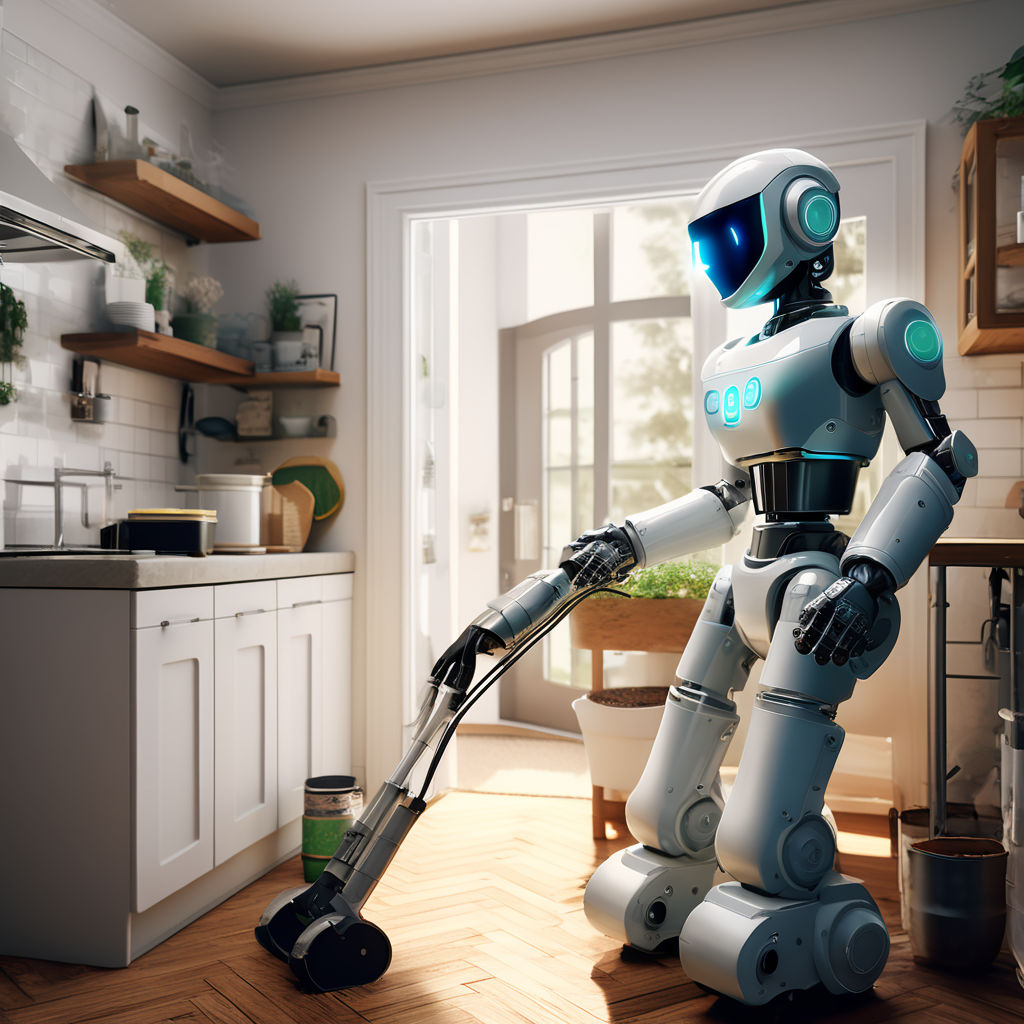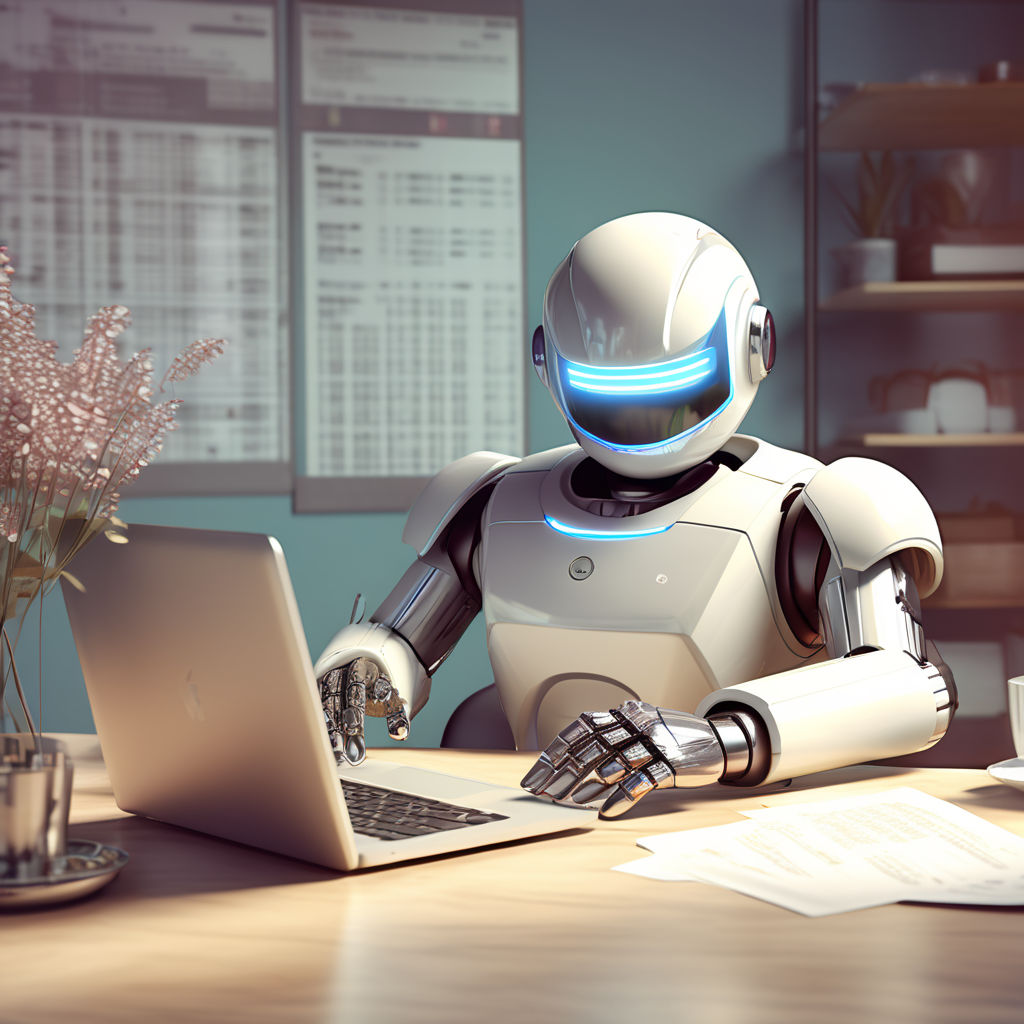
AI in Daily Life

Artificial Intelligence (AI) has permeated nearly every aspect of our daily lives, revolutionizing the way we work, communicate, and interact with technology. From virtual assistants to recommendation systems, AI-driven applications have become indispensable tools that enhance convenience, efficiency, and productivity.

Virtual Assistants
Virtual assistants like Siri, Alexa, and Google Assistant have become ubiquitous companions, helping us manage our schedules, answer questions, and perform tasks through voice commands. Powered by AI algorithms, these assistants continuously learn from user interactions to provide increasingly personalized and contextually relevant responses.
Recommendation Systems
AI-driven recommendation systems are behind the personalized suggestions we receive on streaming platforms, e-commerce websites, and social media networks. By analyzing user behavior, preferences, and historical data, these systems predict and recommend content, products, and services tailored to individual tastes and interests.
Natural Language Processing
Natural Language Processing (NLP) technologies enable computers to understand, interpret, and generate human language. NLP powers language translation tools, sentiment analysis algorithms, and chatbots, facilitating seamless communication and interaction between humans and machines across languages and channels.
Smart Home Devices
Smart home devices equipped with AI capabilities enhance comfort, convenience, and security within our homes. From thermostats and lighting systems that adjust based on user preferences to security cameras and doorbell cameras that recognize faces and detect motion, AI transforms traditional homes into intelligent, interconnected spaces.
Autonomous Vehicles
The rise of autonomous vehicles promises to revolutionize transportation by reducing accidents, alleviating traffic congestion, and improving mobility for individuals with disabilities or limited access to transportation. AI-powered self-driving cars use sensors, cameras, and machine learning algorithms to perceive their environment, make decisions, and navigate safely on roads.
Healthcare Diagnostics
In healthcare, AI is enhancing diagnostic accuracy, treatment planning, and patient care. AI algorithms analyze medical images, such as X-rays and MRI scans, to detect abnormalities and assist radiologists in making accurate diagnoses. Additionally, AI-driven predictive analytics models help healthcare providers identify patients at risk of developing certain conditions and deliver proactive interventions.
Financial Services
In the financial sector, AI algorithms are used for fraud detection, risk assessment, and algorithmic trading. Banks and financial institutions leverage machine learning to analyze transactional data and identify suspicious activities indicative of fraud. AI-powered robo-advisors offer personalized investment advice and portfolio management services, while high-frequency trading firms use AI algorithms to execute trades at lightning speeds.
Conclusion
Artificial Intelligence has become an integral part of our daily lives, driving innovation and transforming the way we live, work, and interact with technology. From virtual assistants that streamline our tasks to recommendation systems that personalize our experiences, AI-enabled applications empower us to navigate the complexities of the modern world with greater ease, efficiency, and intelligence.




